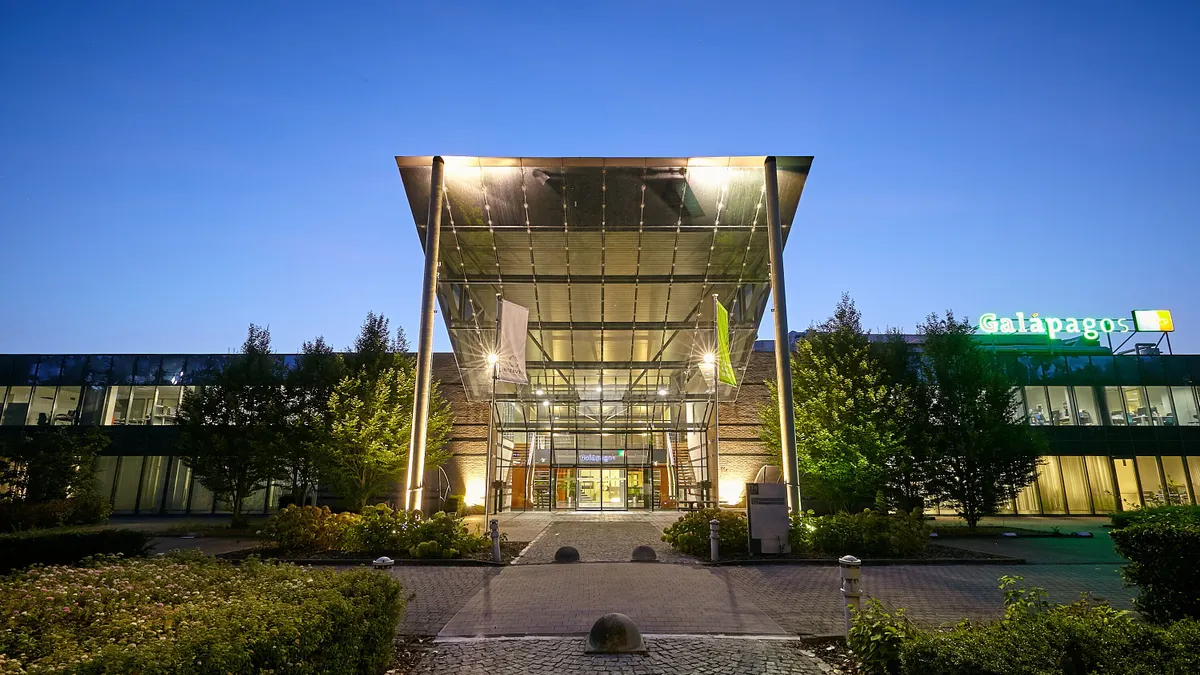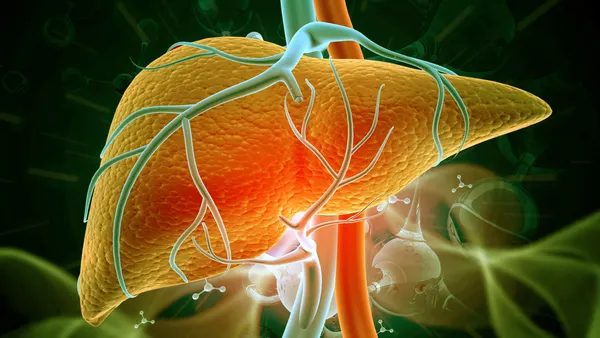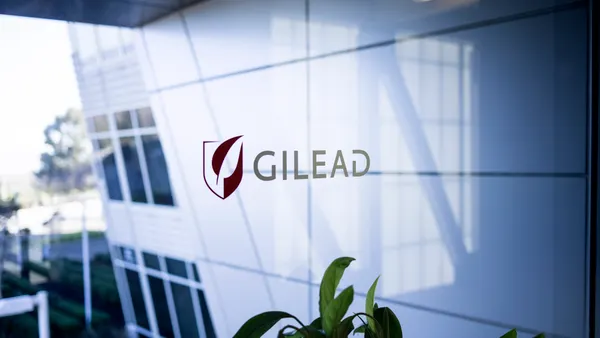Galapagos, a Belgium-based drugmaker, has selected the former head of a once-buzzy neuroscience startup to lead a spinout company that will lean on deals to build its slate of research programs.
On Monday, Galapagos’ board of directors appointed Henry Gosebruch as CEO of the yet-to-be-officially-named spinout. The new company, which is part of a larger restructuring effort announced early this year, will come equipped with 2.45 billion euros — or roughly $2.5 billion — of Galapagos’ cash. It plans to put at least some of that money into “strategic” transactions to achieve its ultimate goal of creating a pipeline of “innovative medicines” targeting cancer, viruses and the immune system.
Previously a top dealmaker at J.P. Morgan and AbbVie, Gosebruch most recently served as CEO of Neumora Therapeutics, a richly funded biotechnology firm aiming to create new treatments for psychiatric conditions and neuron-destroying diseases. He left the biotech in February, a month after its most prized asset, an experimental drug for depression, suffered a major failure in clinical testing.
Neumora’s stock price has now declined 96% from when the firm went public in 2023.
Galapagos shares, meanwhile, are down about 90% from five years ago, when the company was fresh off a transformational agreement with Gilead Sciences. Galapagos has since hit a series of research setbacks that led it to lay off hundreds of employees and chart a new course focused on cellular medicines.
Once Galapagos fully separates from the spinout, it will continue to work on cell therapies for solid tumors and blood cancers. Its most advanced medicine is in mid-stage testing for several hard-to-treat kinds of lymphoma.
The legacy organization will need to find a new leader, though, as CEO Paul Stoffels intends to retire from the position in the next 12 months. That announcement, also made Monday, said the Galapagos board will look for a successor who can lead the company “into its next phase of growth.” Stoffels came to Galapagos three years ago from Johnson & Johnson, where he spent nearly two decades helping shape the pharmaceutical giant’s research before retiring as its top scientist.
Stoffels isn’t fully stepping back from Galapagos, however, as he plans to stick around as the board’s non-executive chair — a role that would allow him to “continue to provide strategic guidance and support.” His reappointment will be determined at the company’s annual general meeting in 2026.
In mid-February, Faisal Khurshid, an analyst at the investment bank Leerink Partners, wrote in a note to clients that the most important near-term event for Galapagos’ stock price could be the structure and leadership choices made for the spinout.
While the spinout’s cash position and fixation on business development presents an “intriguing” opportunity, Khurshid proposed that investors “may need to see it to believe it.”
Galapagos shares were up a little more than 2% by late Tuesday morning.
“Henry is the right leader to take on the CEO role for [the spinout] as he leverages his extensive experience and the strong balance sheet to build an exciting pipeline,” Andrew Dickinson, Gilead’s chief financial officer and a non-executive, non-independent member of Galapagos’ board, said in a statement.
“Having worked closely with Henry on successful M&A in the past, I am delighted to welcome him to Galapagos,” added Jérôme Contamine, the lead non-executive board director.
Galapagos ended last year with 3.3 billion euros in cash. Around 500 million euros of that total will remain with the legacy organization so it can operate to 2028, when the company hopes that lead cell therapy program will gain regulatory approval.
Editor’s Note: This story was updated to include Galapagos’ stock price Tuesday, and to clarify the timing of when the company first announced its restructuring.
















